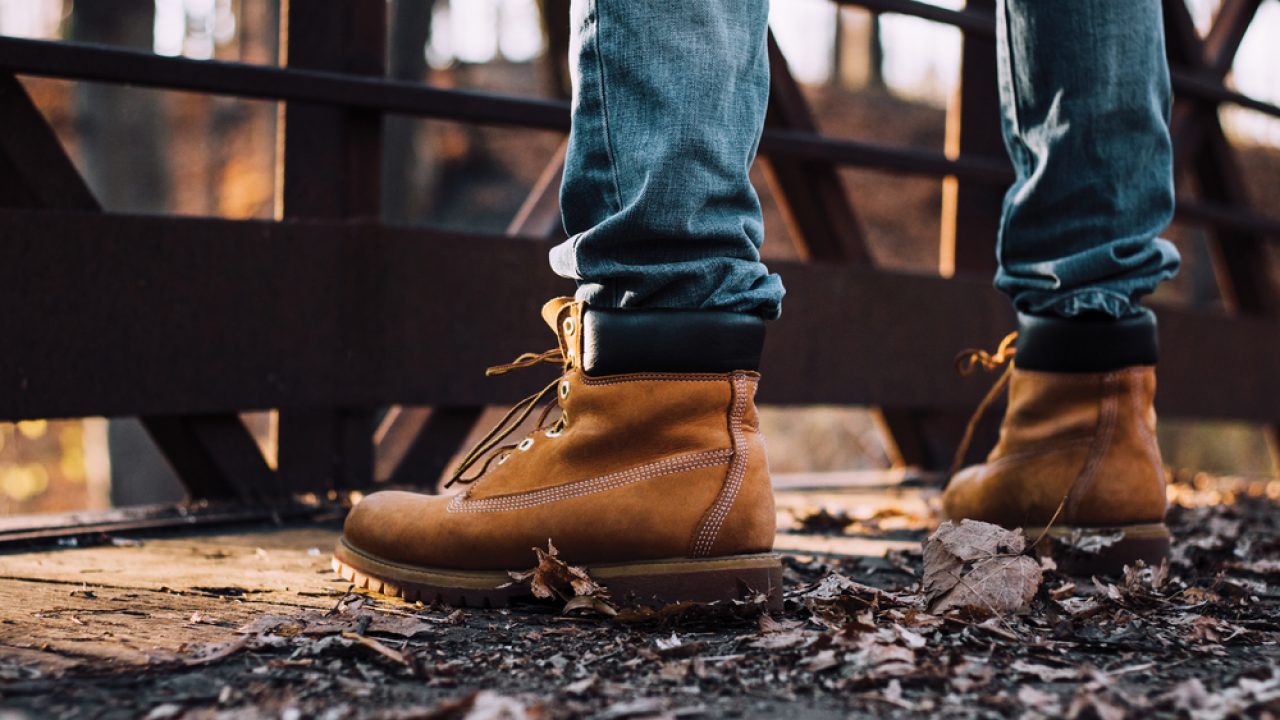If you work in construction, or you have a job that involves heavy lifting or being outdoors, probably, you already own a pair of Caterpillar boots, but you’ll want to make sure you have a pair of slip-on work boots as well.
The best slip on work boots should feel comfortable and keep your feet safe, no matter what the conditions. Here are a few tips on how to find the best pair for you:
1. Safety Standards
If you have to work in a hazardous environment, certain gear (like safety vests) is a must. The question is, do work boots have to have any kind of certification?
According to guidance from Occupational Safety and Health Administration (OSHA), they need to be protective, especially in areas where there is a danger of injuries to your feet from falling objects or objects that could pierce the soles of your shoes. Protective footwear should be tough enough to handle this, while keeping your feet safe.
There are a few things that you should look for in protective footwear:
- ASTM F-2412-2005 “Standard Test Methods for Foot Protection”
- ASTM F-2413-2005 “Standard Specification for Performance Requirements for Protective Footwear”
- ANSI Z41-1999 “American National Standard for Personal Protection – Protective Footwear”
- ANSI Z41-1991 “American National Standard for Personal Protection – Protective Footwear”
If you’re working with live electricity, you’ll need a pair of boots that are classed as ‘non-conductive’, as they’re designed to give you extra protection if you accidentally come into contact with live electrical wires. It’s really important to check the product description on your boots in this case.
2. Health and Safety Features
So, how do work boots keep your feet safe?
If you have a job that involves heavy lifting, or you work on a construction site or similar, you’ll need work boots with a very strong reinforced toe area. This will protect your feet from drops, compression, and sharp objects. Reinforced toes can be made from aluminum, steel, and composite materials. There are a few benefits and drawbacks to each one:
- Steel – on the plus side, it’s durable and cheap. On the downside, it can be heavy and won’t protect your feet from electrical hazards.
- Aluminum – this is lighter than steel, so feels more comfortable to wear. It’s still durable, too. It won’t protect your feet against electricity or heat.
- Composite – made from materials like carbon fiber or plastic, they don’t conduct heat or electricity (depending on which type you get) but may not be as cheap as steel.
Soft toe work boots are good if you work outdoors, for example, but don’t work with hazardous materials or do any heavy lifting.
Work boots should have a good, thick sole with a decent grip, which will help to prevent sharp objects from piercing the sole as well as preventing you from slipping over.
3. Heat/Cold Protection
Work boots can protect you from temperature extremes. If you work in really cold weather, insulated boots can trap heat inside using insulated lining material, stopping your feet from getting too cold. On the other end of the scale, some boots can resist heat using heat-resistant soles. The product description should tell you if that is the case.
4. Waterproofing
There’s also waterproofing to consider. Water-resistant work boots are ideal for keeping out water for really short periods, such as when you’re walking in heavy rain. Water-proof work boots are designed to keep water from leaking in, using waterproof materials, and heat-sealed seams to stop water from seeping in at the joins.
5. Fit
Fit is really important, especially for slip-on work boots! Slip-on boots have a huge advantage in that they take way less time to take on and off than boots with laces. But, they need to fit you just right. If they’re too loose, they can be dangerous, causing you to trip over. If they’re too tight, they’re going to make you uncomfortable. If you can try them on in person before you buy them, that’s great. If not, check that you can send them back if the fit doesn’t feel right.
6. Durability
You’ll want your work boots to last as long as possible, especially since they’re going to take a beating day in and day out. Check reviews for other people’s opinions on the longevity of the boots you’re looking at. The soles should be strong and thick enough to cope with challenging conditions, and they shouldn’t split or come apart too quickly.
Final Thoughts
The main thing to remember with slip-on work boots is to check the product description carefully before you buy them, and don’t be afraid to contact the manufacturer if you have questions. That way, you’ll know that your chosen boots are safe to wear at work every day.
